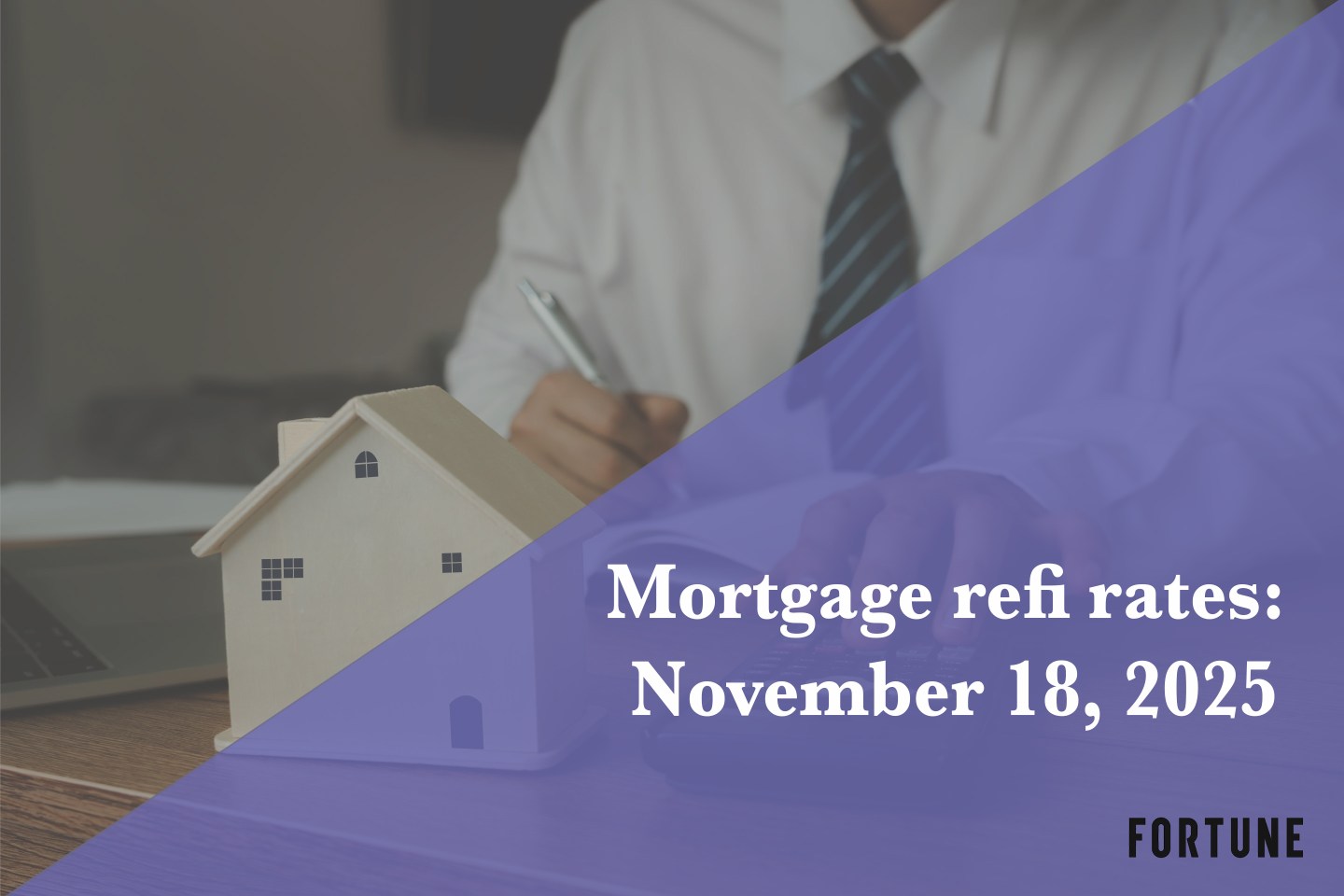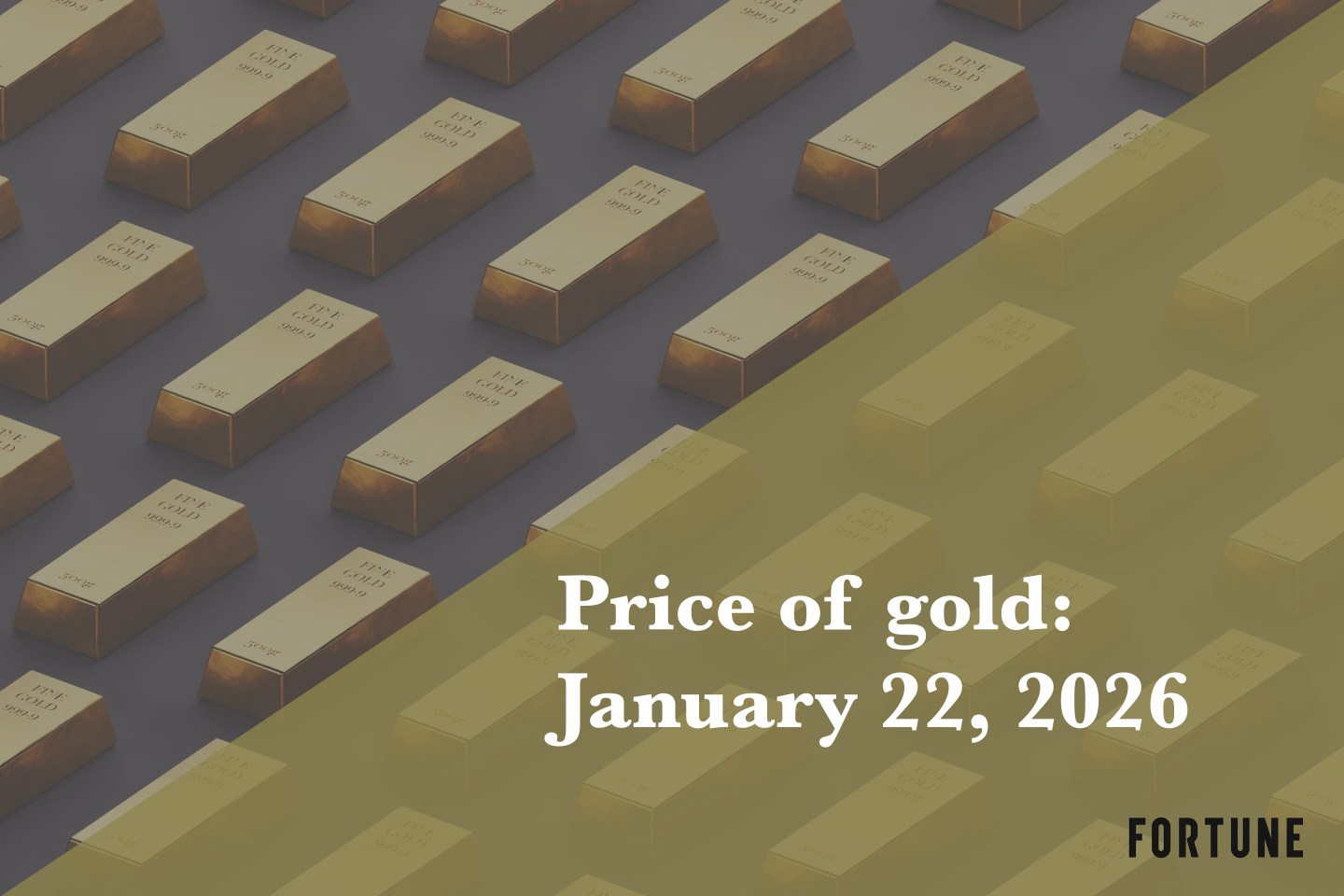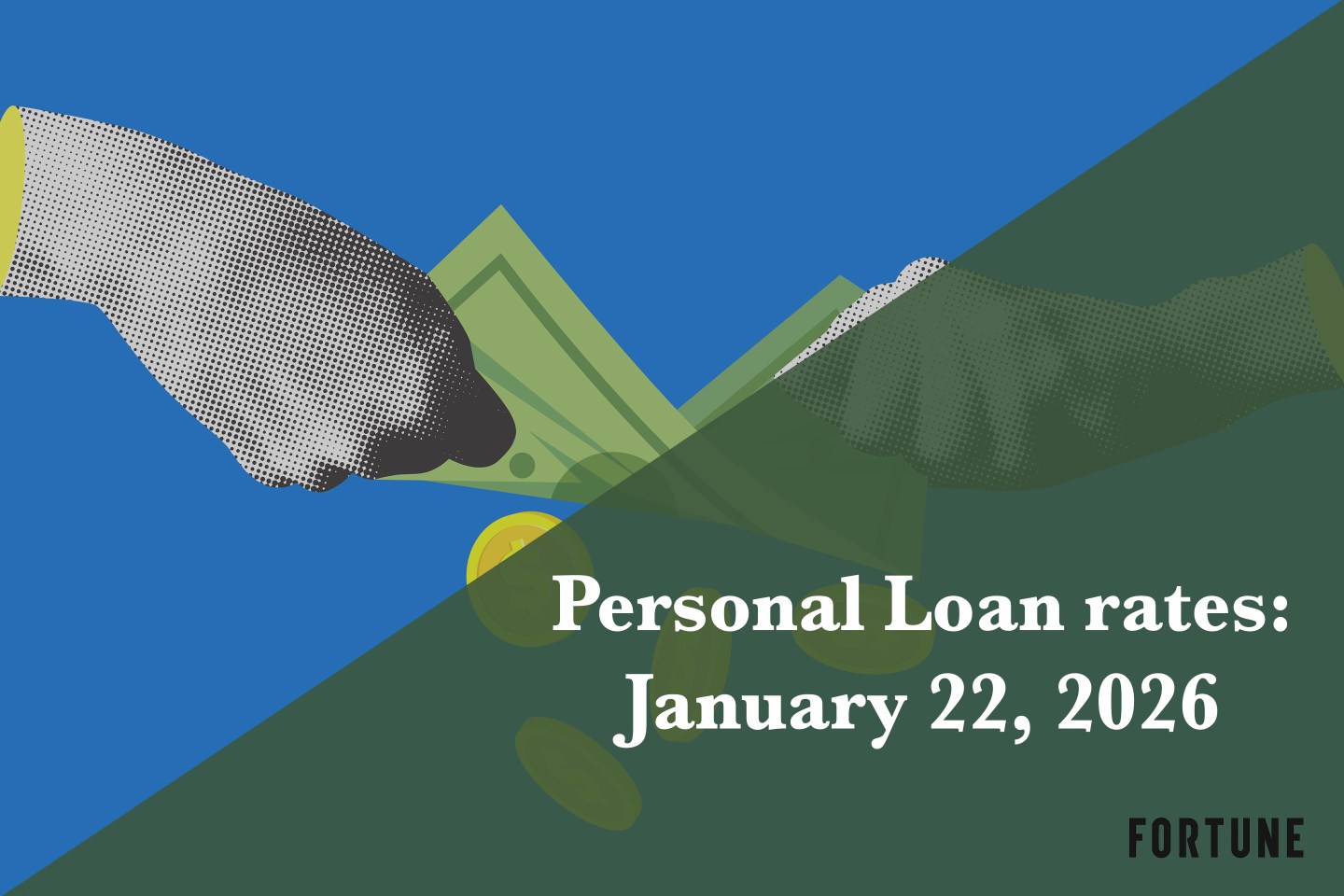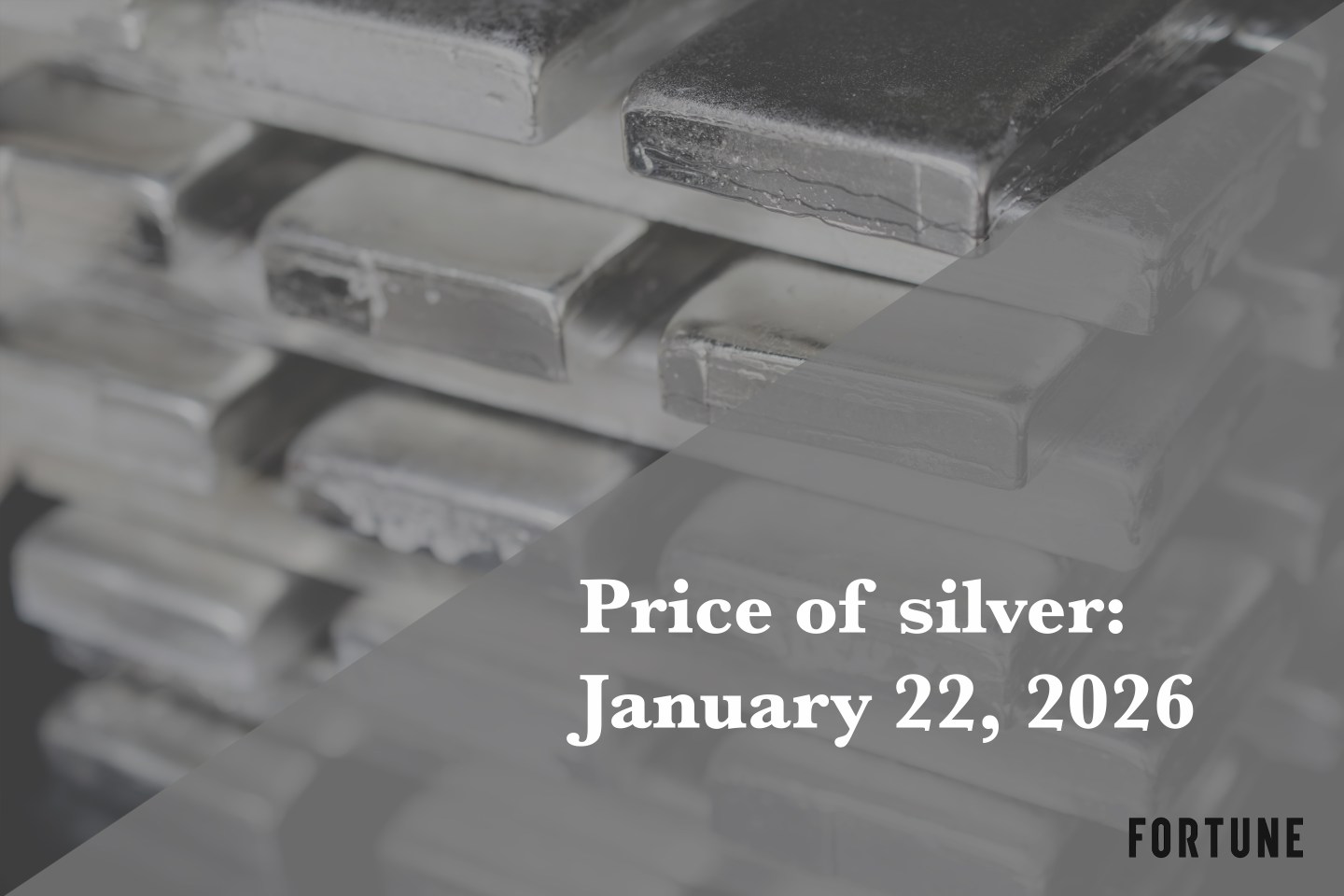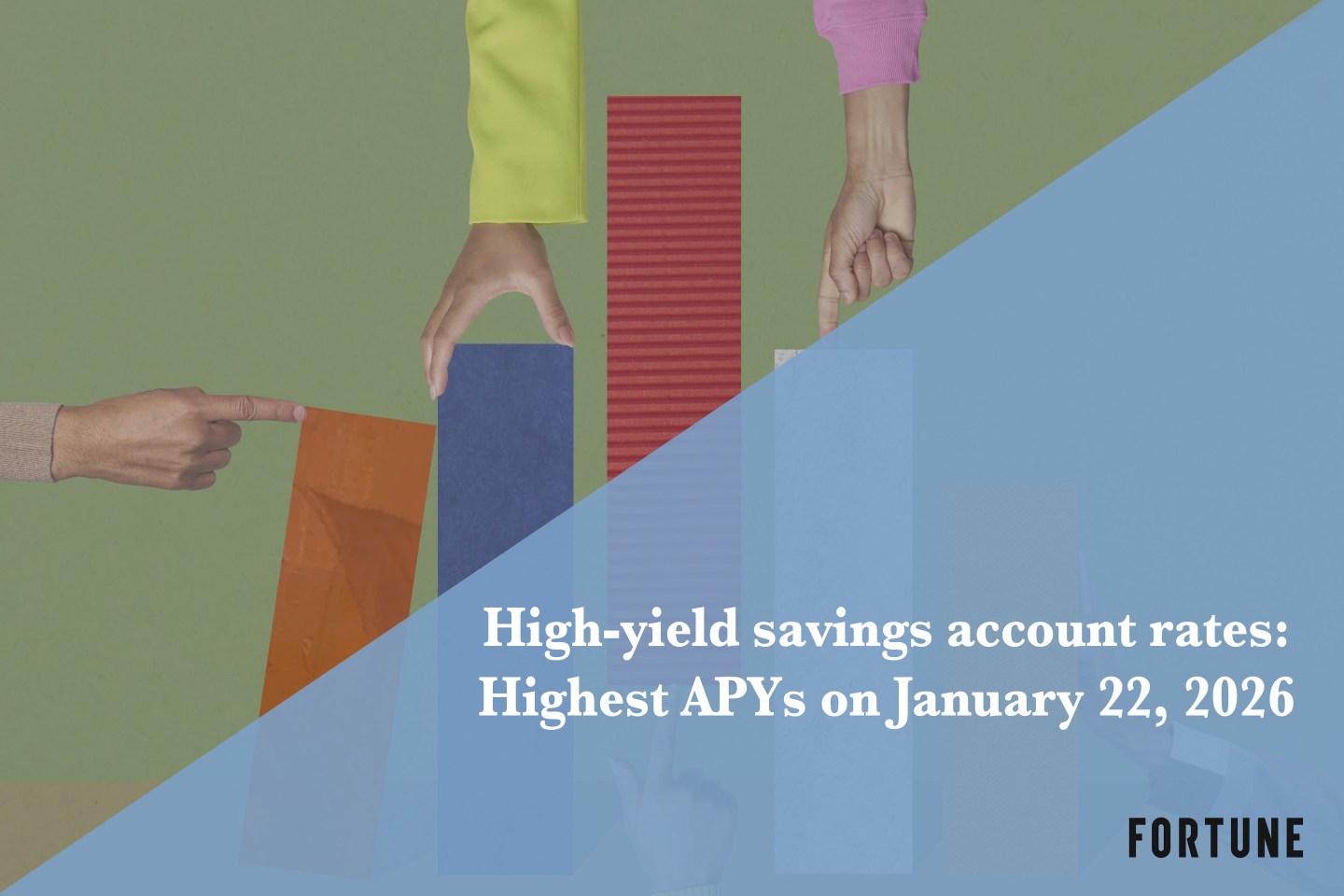The current average refinance rate on a 30-year, fixed-rate home loan is 6.35%, according to data from the popular real estate marketplace Zillow. If you’re a homeowner hoping to refinance your mortgage for a lower rate or perhaps to tap home equity, read on to see average refi interest rates for a variety of loan types and terms. You can also see the prior day’s report here.
Check Out Our Daily Rates Reports
- Discover the highest high-yield savings rates, up to 5% for January 22, 2026.
- Discover the highest CD rates, up to 4.18% for January 22, 2026.
- Discover the best personal loan rates for January 22, 2026.
- Discover the current mortgage rates for January 22, 2026.
- Discover current refi mortgage rates report for January 22, 2026.
- Discover current ARM mortgage rates report for January 22, 2026.
- Discover the current price of gold for January 22, 2026.
- Discover the current price of silver for January 22, 2026.
- Discover the current price of platinum for January 22, 2026.
Current refi rates data
Note that Coins2Day reviewed the most recent Zillow data available as of Nov. 17.
How mortgage refinancing works
Mortgage refinancing involves replacing your existing home loan with a new one. Similar to your initial mortgage application, you’ll need to apply and meet lender criteria, including your credit profile, income verification, debt-to-income (DTI) ratio, and more.
This process typically results in a small hit to your credit score due to the hard inquiry, and there’s a risk of denial if you don’t meet the lender’s requirements.
What’s happening with mortgage rates in the market?
Some observers had hoped that mortgage interest rates would decrease following the Federal Reserve’s cuts to the federal funds rate late last year. However, mortgage rates remained stubbornly near the 7% mark for 30-year, fixed-rate loans nationwide.
Although rates dipped slightly toward the end of February, moving closer to 6.5%, they remain significantly higher than the pandemic-era lows in the range of 2% and 3%. As of the third quarter of 2024, 82.8% of homeowners with mortgages had rates below 6%, according to a Redfin report. That means a significant chunk of homeowners have been locked in, unwilling or unable to move or refinance with rates as high as they are currently.
Still, homeowners got some relief starting in late August and early September of 2025, when mortgage rates started trending downward ahead of the Sept. 16-17 Fed meeting. They dropped to a low not seen in almost a year, and the Fed delivered a much anticipated reduction of a quarter percentage point to the federal funds rate. The central bank followed up with a second cut of the same amount at its October meeting.
When it might make sense to refinance your mortgage
Refinancing isn’t free, so it’s crucial to weigh the costs before you apply for a refi.
A guideline you’ll often hear is that refinancing makes sense if you can secure a rate that’s a full percentage point lower than your current rate. For example, if you have a 7% loan, refinancing when you’re able to land a 6% rate could be a smart move to save on interest charges over the life of your loan.
You might also consider a cash-out refinance to tap into your home equity—which typically requires at least 20% equity in your home. Homeowners have significant flexibility to use the cash disbursement from such a refi however they please, as there aren’t generally restrictions on what you can do with the cash portion of a cash-out refi. For example, you’re free to invest those funds, use them to cover a down payment on a vacation home or rental property, or pay off credit card debt.
Refinancing can also allow you to change your loan term. For instance, someone originally took out a 15-year mortgage but finds their budget stretched may benefit from switching to a 30-year term for a smaller monthly payment.
And, refinancing can be a way to switch loan types, like moving from an FHA loan to a conventional one to get rid of your FHA loan’s lifetime mortgage insurance (MIP) requirement, or from an adjustable-rate mortgage (ARM) to a fixed-rate mortgage.
Costs to refinance your mortgage
Refinancing involves closing costs, typically ranging from 2% to 6% of the loan amount. For a $300,000 loan, you might pay between $6,000 and $18,000, for example. Some common costs include:
- Lender origination fees.
- Appraisal fees.
- Title search and insurance fees.
- Loan application fees.
- Survey fees.
- Attorney fees (if required in your state).
- Recording fees.
- Prepayment penalties (if applicable with your current loan).
Different types of mortgage refi loans
There are a wide variety of mortgage refinance loans out there, and the right one for your needs will depend on your goals and what type of mortgage you currently have. Here are some common refi options:
- Rate-and-term refinance: This is probably the most popular type of refi. It lets you lower your interest rate and/or change your loan term. Note if you opt for a shorter term, while that does typically earn you a lower rate and substantial lifetime interest savings, you’ll be stuck with higher monthly mortgage payments.
- Cash-out refinance: A cash-out refi taps your home’s equity by replacing your existing loan balance with a new, larger one and withdrawing the difference in cash. You can use the money for a wide variety of purposes, including home improvements, consolidating high-interest debt, or other financial goals.
- No-closing-cost refinance: With this type of refi, the lender covers closing costs in exchange for levying a higher interest rate. If you don’t have the cash on hand to pay for closing costs and could otherwise benefit from a refinance, this option might be worth evaluating.
- Streamline refinance: These refis are for existing FHA, VA and USDA loan borrowers, and generally involve less documentation plus offer a more straightforward application and approval process.
Refinancing with your existing lender vs. A new one
You’re not obligated to refinance with your original lender, and shopping around can help you find the lowest interest rate available to you and perhaps the best service as well.
However, your existing lender might offer incentives, such as waiving closing costs, if you stay with them. So you should at least broach the topic with your current lender.
Also, know that if your mortgage has been purchased by Fannie Mae or Freddie Mac, you might be eligible for programs like Refi Now and Refi Possible.
